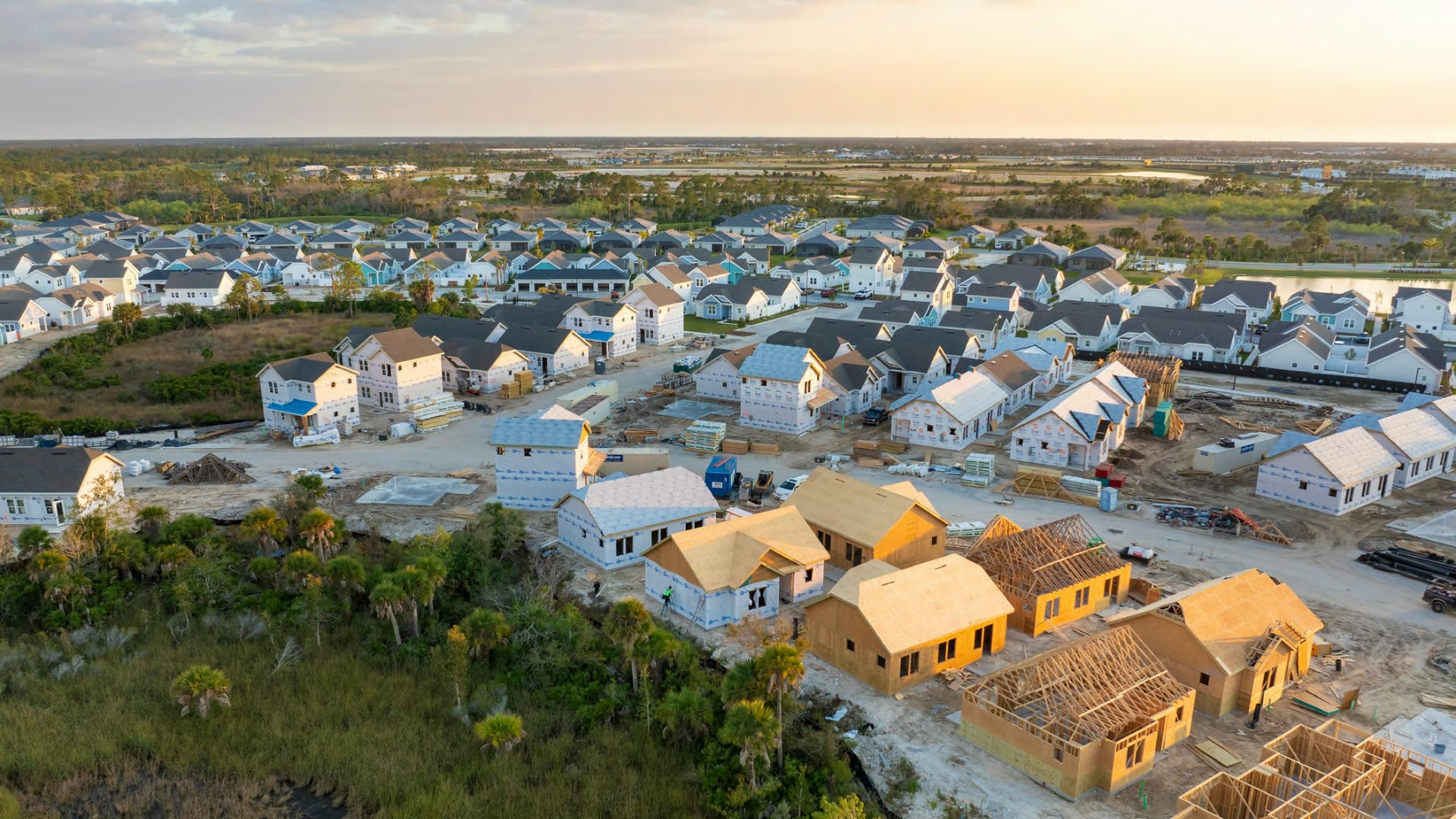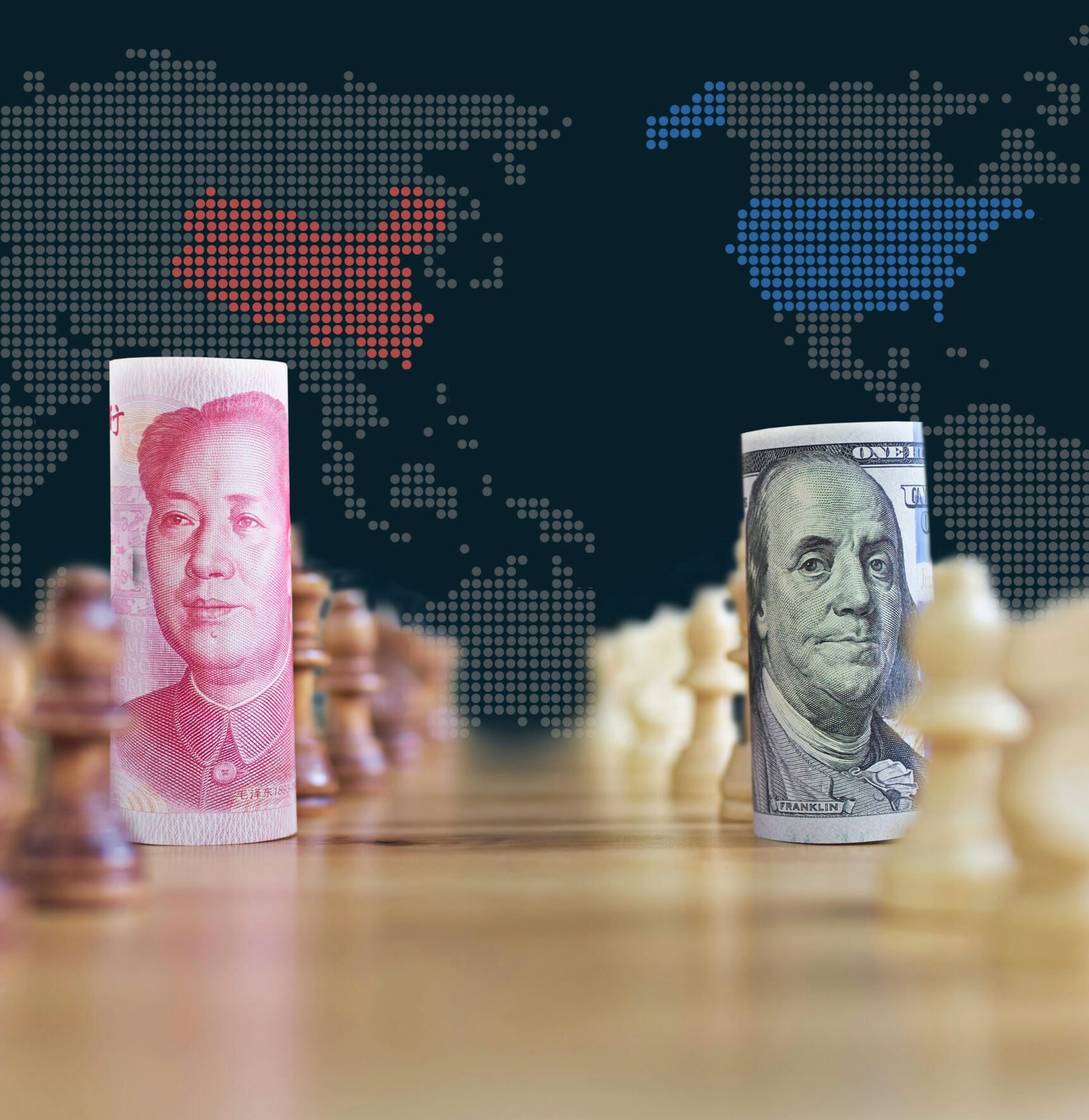Our Recommendations:
- The United States and international community should prioritize disaggregated data collection and ensure women, girls, and other marginalized populations are meaningfully involved in decision-making processes
- The United States and the international community should fund and implement programming to address specific economic effects of COVID-19 on women
- Policymakers and private-sector leaders must acknowledge and respond to restrictive gender norms, legal barriers, and burden of care amid broader policy and program development
- Public- and private-sector organizations should expand programming focused on women’s leadership and economic empowerment
- The United States and the international community must ensure foreign assistance and other support are reflective of local needs and priorities
- Government, corporate, and foundation donors should invest in youth-based programs that promote innovation and expertise in diverse fields
When women succeed, we all benefit. Women’s economic empowerment boosts economic growth and prosperity and helps safeguard democracy. Most importantly, it ensures that women have an equal chance to build a bright future for themselves and their families.
Women’s economic empowerment is essential to growth, democratic resilience, and better societal outcomes both here in the United States and around the world. Amid the economic fallout from the global coronavirus pandemic, increased support for holistic interventions is needed now more than ever — especially as the COVID-19 crisis has exacerbated the challenges that impede the full and active economic participation of women.
Employing women at the same levels as men across sectors – thereby closing the gender gap in the workforce – could add $28 trillion to global GDP. In particular, private enterprise and private-sector development help alleviate poverty and boost economic growth. Companies with women on their boards experience a 42% greater return on sales and a 66% higher return on invested capital than those with less gender diversity; this illustrates the strong correlation between gender diversity on corporate boards and financial performance. Moreover, gender equity and recognition and protection of women’s economic and social rights fortifies good governance and accountability and decreases the risk of democratic backsliding.
Simply put, women’s equal and active participation across all levels of the economy is imperative for prosperity in communities and countries at large.
History demonstrates that crises and conflict devastate women’s economic status and broader well-being. These tumultuous events have a long-term impact on women’s human capital formation and economic security and set back gender equality overall. COVID-19 is no different.
Already, this pandemic has disproportionately affected women and girls, especially in the context of economic (dis)empowerment. For example, women make up 70% of the global health workforce, putting them at greater risk of contracting the virus.
The retail, hospitality, and textile manufacturing sectors tend to employ more women than men, and because of low consumer demand, women’s employment and hours of work and pay are reduced. Globally, nearly 40% of women in wage employment do not have access to social safety nets such as pensions, unemployment benefits, or maternity and dependent care protections. The increase in gender-based violence also plays a destructive role, leading to trauma, and decreasing earnings and productivity. The impact is exponential particularly in areas of conflict.
And girls are at increased risk of dropping out of school altogether following school closures. The Malala Fund estimates that millions more educated girls will lead to working women with the potential to add $12 trillion to global economic growth.
Perhaps of most concern, while women dominate the social work and civil society sectors, they are underrepresented and often excluded in decision-making positions worldwide. In the healthcare context alone, 70% of executives of global health organizations are men. This means policies for women are not being decided by, or in direct consultation with, women.
These challenges magnify existing inequities women and girls face in economic participation, whether legal, structural, or sociocultural. Examples of such barriers include lack of access to financial institutions and discrimination in terms of asset ownership.
Case in point: Though evidence suggests that individual savings accounts increase economic self-reliance, sales, profits, and economic empowerment, in many countries women are still unable to open a formal bank account without permission from a male relative.
A woman’s income can more than quadruple when she has the right to own and inherit property; this right can also reduce her vulnerability to domestic violence and help her establish credit. Yet even where legal protections exist, women in half of the world don’t have equal land and property rights, according to the Stand4HerLand Campaign.
A key component of promoting innovation and enhancing local and national economies is supporting entrepreneurial activity. However, in 40% of global economies, women’s early-stage entrepreneurial activity is half or less than half of men’s activity, often because of factors outside of their control.
Additionally, lack of safe and reliable transportation inhibits women’s mobility; the undue burden on women in performing unpaid care work and their concentration in the informal economy; and inequitable access to education and training opportunities further hinder women’s access to economic opportunity and empowerment. Seventy-five percent of the world’s unpaid care is undertaken by women, according to a report by the McKinsey Global Institute. And, as Oxfam has calculated, this totals an economic value of at least
$10.8 trillion per year. Not surprisingly, COVID-19 has deepened these inequalities in the gender division of labor, according to UN Women.
The following recommendations can help the Biden Administration, Congress, and the non-governmental organizations and philanthropic communities address these challenges:
The United States and international community should prioritize disaggregated data collection and ensure women, girls, and other marginalized populations are meaningfully involved in decision-making processes
The international community should reach out to local women’s rights organizations and groups that directly support women and girls affected by COVID-19, and seek their input when collecting data, conducting needs assessments, and identifying and implementing appropriate responses. In the context of COVID-19 alone, 51 countries do not report any data by sex. This is important in order to gain essential insights that will empower countries to design more effective and sustainable approaches in response to both the short-term and long-term effects of the current pandemic.
The United States and the international community should fund and implement programming to address specific economic effects of COVID-19 on women
Building on existing platforms in support of women’s economic empowerment, the United States and international community can support women entrepreneurs to pivot to e-commerce, promote remote working, expand into high-demand markets due to COVID-19, and invest in training and job placement programs to access employment in
needed industries. They could also focus on extending income support to the vulnerable, preserving employment linkages, providing incentives to balance work and family care responsibilities, improving access to health care and family planning, and expanding support for small businesses and the self-employed. While there is broad recognition of the devastating impact of COVID-19 on women’s economic standing, adequate response and program enhancements via existing mechanisms have been slow. The international community can also increase funding for women’s rights and women-led organizations that are responding to COVID-19. Additional investments are desperately needed at local levels and require increased support that does not detract from existing resources for women’s economic empowerment. Lastly, it is essential that special measures be devised and implemented to ensure access to opportunity is not diminished for the estimated 20 million secondary school-aged girls who will not return to the classroom after the crisis has passed.
Policymakers and private-sector leaders must acknowledge and respond to restrictive gender norms, legal barriers, and burden of care amid broader policy and program development
While sustainable solutions are very much needed to directly increase women’s economic access and workforce participation, advocacy and interventions must also confront broader gender bias in society. This includes the domestic and dependent care responsibilities disproportionately shouldered by women and the current status quo of inadequate support. Looking to the Global South specifically, some 35.5 million children under 5 in 53 developing countries were left without adult supervision for at least an hour a week before the pandemic, according to a 2016 report from the Better Care Network.
COVID-19 has reinforced these challenges, augmenting family and community needs and forcing many women to retreat from the workforce entirely.
Public- and private-sector organizations should expand programming focused on women’s leadership and economic empowerment
Higher levels of gender equality are strongly correlated with a nation’s relative state of peace and prosperity. For example, women’s leadership and civic engagement is associated with more inclusive policymaking that represents the concerns of families, women, and ethnic and racial minorities, as well as increases in standards of living, societal gender equality, and national wealth. Pu blic-private partnerships can play animportant role in this regard – furthering both women‘s economic participation and the status of broader economies. One example is through training and mentorship opportunities that ensure qualified women rise to positions of leadership and decision-making. Initiatives like the George W. Bush Institute’s WE Lead program are a vital part of advancing women’s leadership and roles in the economy. WE Lead provides midcareer women leaders from the Middle East and North Africa and Afghanistan with leadership- development skills and economic training, exposes them to innovative organizations and speakers, and provides them an opportunity to develop a personal leadership project.
The United States and the international community must ensure foreign assistance and other support are reflective of local needs and priorities
This includes increasing support for women-focused groups and their agendas as well as women leaders seeking to have greater influence in decision-making forums. In addition, access to new technologies, including the internet and social media, is important for collective action, and corporate influencers in particular can help to bridge the access gap.
Government, corporate, and foundation donors should invest in youth-based programs that promote innovation and expertise in diverse fields
Today, over 15% of the global population is between the ages of 15 and 24. When empowered, educated, and healthy, young people are able to meaningfully contribute in ways that support accelerated progress for all. This means that youth-based programs that promote innovation, entrepreneurship, and expertise in diverse fields are essential to ensuring young people have the opportunity and access to aspire to their dreams and meet the needs of their economies. This is all the more important for young women, who face disproportionate obstacles to achieving those dreams. The international community also needs to meaningfully elevate and amplify youth voices and experiences in decision- making to guarantee that their unique needs and perspectives are taken into account in policies that affect their futures.
When women succeed, we all benefit. Women’s economic empowerment boosts economic growth and prosperity and helps safeguard democracy. Most importantly, it ensures that women have an equal chance to build a bright future for themselves and their families. The United States, alongside the international community, can make a difference not only in the lives of women but on behalf of prosperity and stability at large.


























